At a time when Canadian commercial activity is about to surge with Black Friday, Boxing Day, and other Christmas-inspired shopping on the horizon, Prime Minister Justin Trudeau announced plans to buy Canadians’ votes with a 60-day GST/HST pause, and $250 bucks.
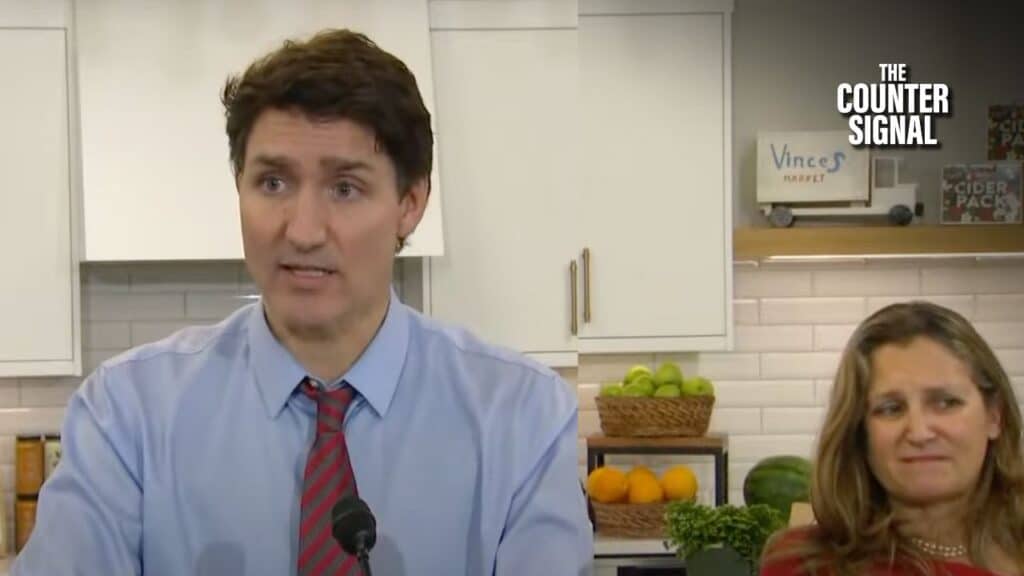
The Prime Minister announced his plans on Thursday alongside Finance Minister Chrystia Freeland. The bill still has to be passed in parliament, but the NDP has already expressed an intention to support it.
If passed, starting December 14, and lasting until February 15th, businesses will remove the GST/HST on certain “essential” goods at checkout, including diapers, groceries, and children’s toys and clothing up to certain sizes. It won’t apply to things like high-end electronics, visits to the spa, or clothing beyond essentials for infants.
Moreover, come April, Canadians would receive a one time $250 rebate, right when the carbon tax is set to raise yet again, which the majority of Canadians support lowering or abolishing altogether.
Trudeau is trying to buy your vote with your money.
— Mike Campbell
This is a Hail Mary at the end of the game, down by 20 points.
pic.twitter.com/BqoPGIlpqi(@Skeptical_Mike) November 22, 2024
Even according to the Federal government, the effects will be marginal. As per their release, a family spending $2,000 on these qualifying products within these two months, will save only $100 in the majority of provinces.
To put this in perspective, in 2022, the average Canadian family making an income of $106,430 is paying a tax bill of $48,199, at least according to the British Columbia-based economic think tank, the Fraser Institute.
Others are more skeptical of what the Liberals claim the exemption will save Canadians. According to Dalhousie University economist Sylvain Charlebois, by eliminating the GST/HST at grocery stores, the average Canadian will save $4.51 in taxes on groceries and $19.51 at restaurants between December and February.
GST/HST Exemption.
— The Food Professor (@FoodProfessor) November 22, 2024
Yesterday, PM Trudeau cast himself as Canada's Santa Claus.
By eliminating the GST/HST at grocery stores, the average Canadian will save $4.51 in taxes on groceries and $19.51 at restaurants between December and February. Nice gift.
Ho. Ho. Ho.
It remains to be seen what this will do to public-opinion polls, which reveal the majority of Canadians want the Prime Minister to step down before the next election, and have consistently shown for the past 15 months or so his Liberal Party trailing the Conservatives by 15-20 points.
The ‘rebate cheques’ are planned to roll out in April for those who filed their 2023 tax returns by the end of the year, and make $150,000 annually or less.
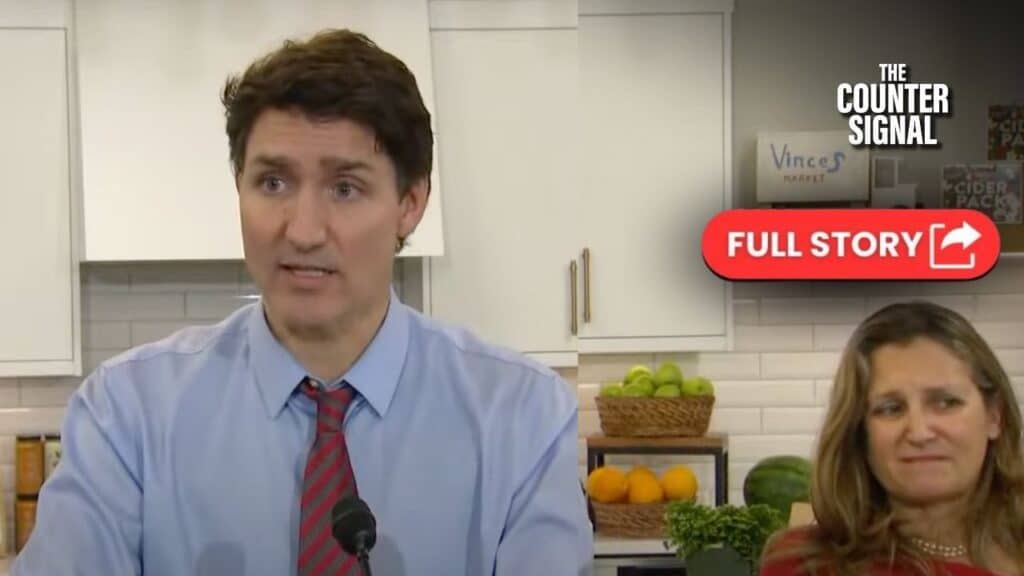

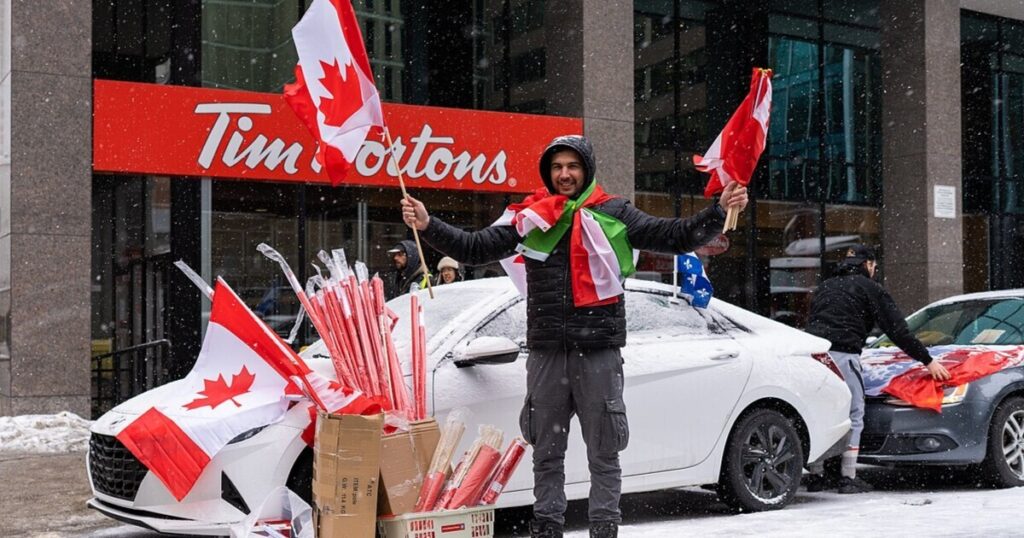

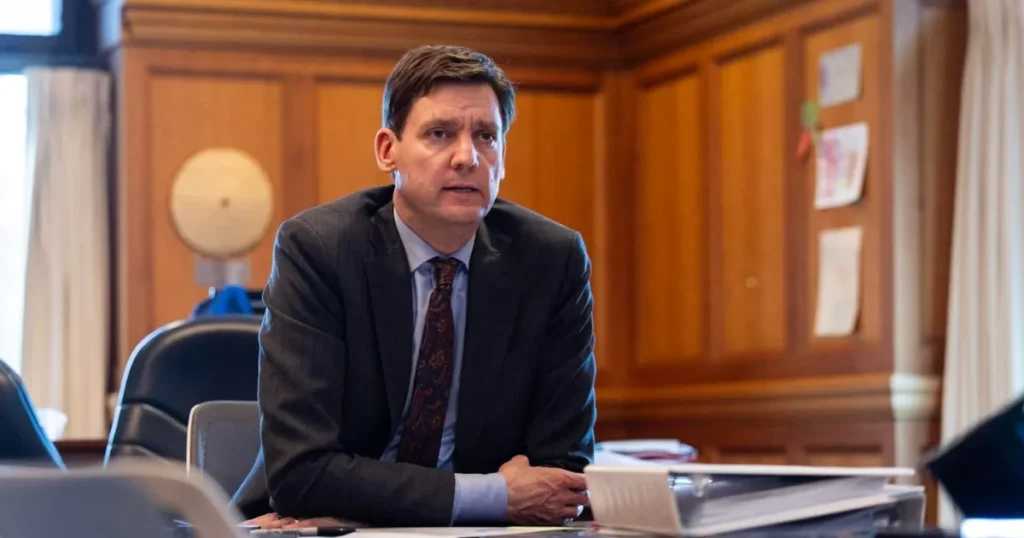



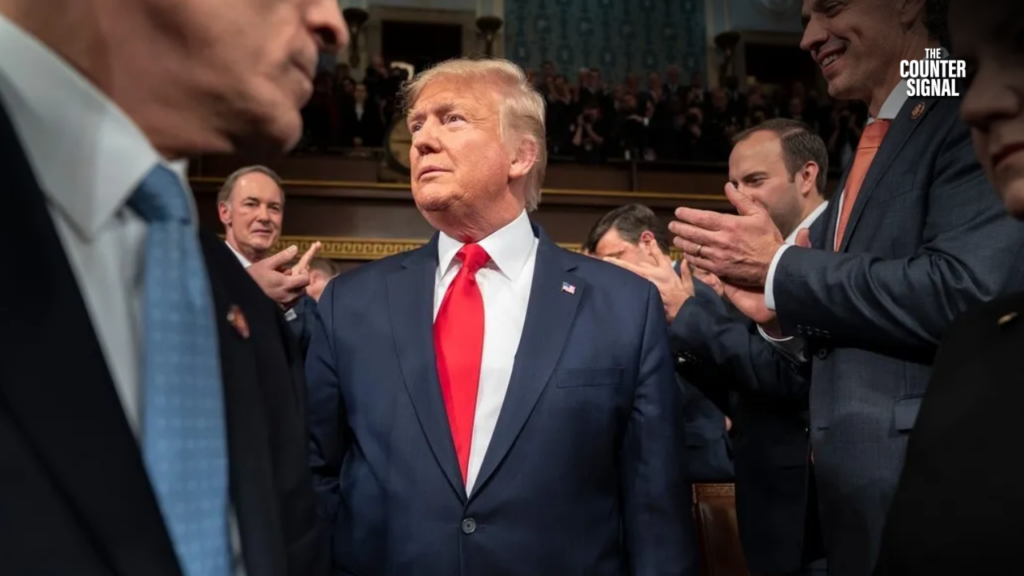
I am hoping to see the lieberal party reduced to single digits in the next election.